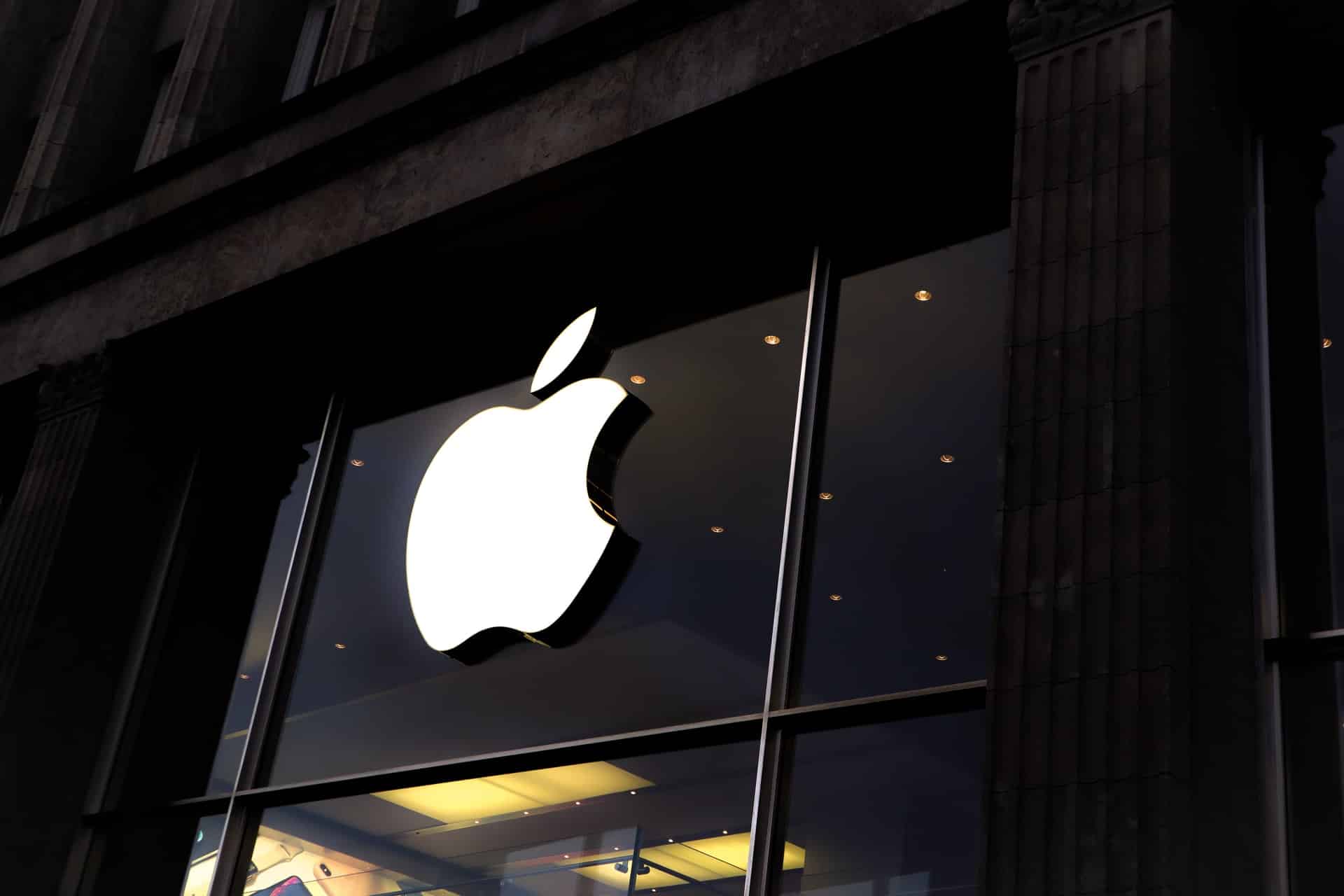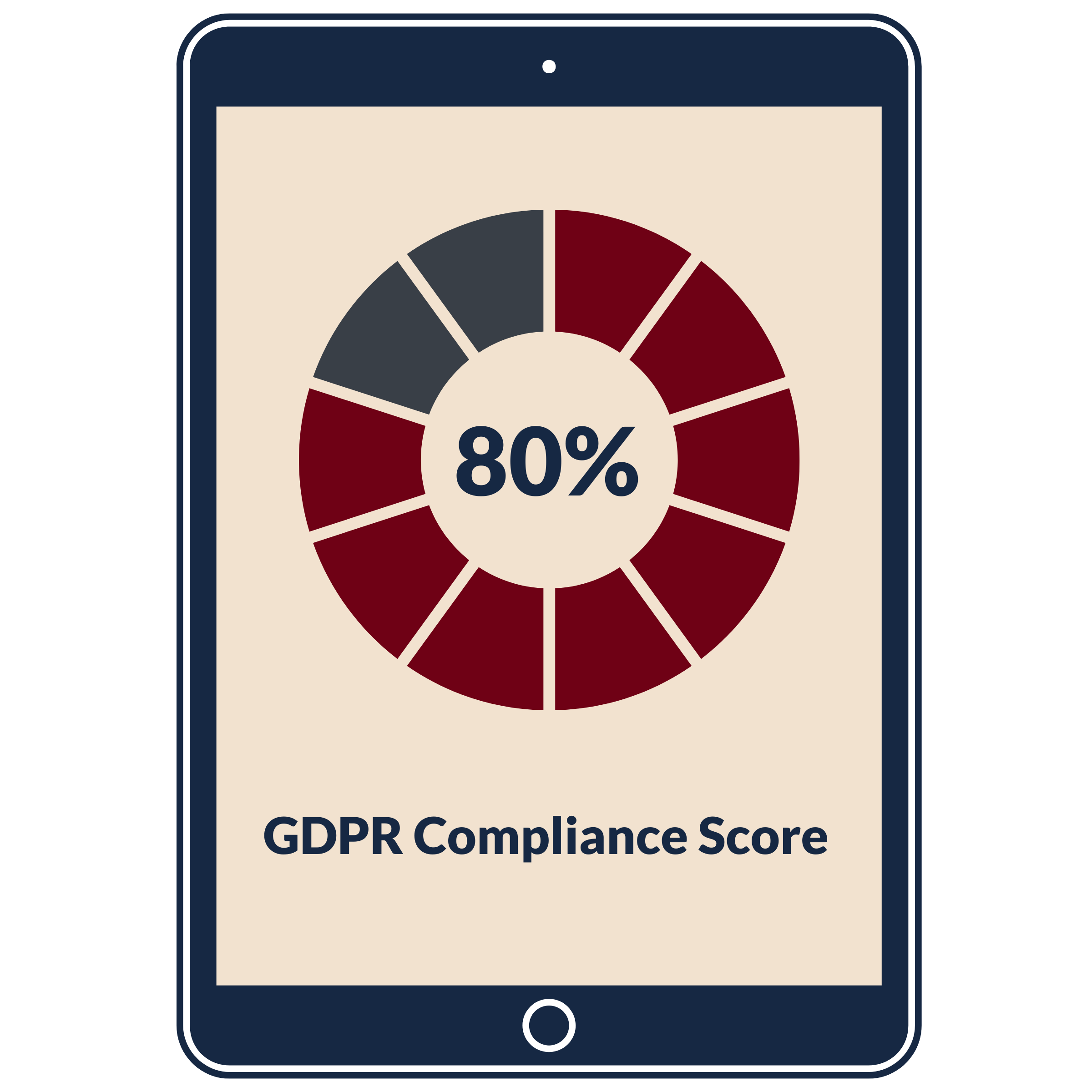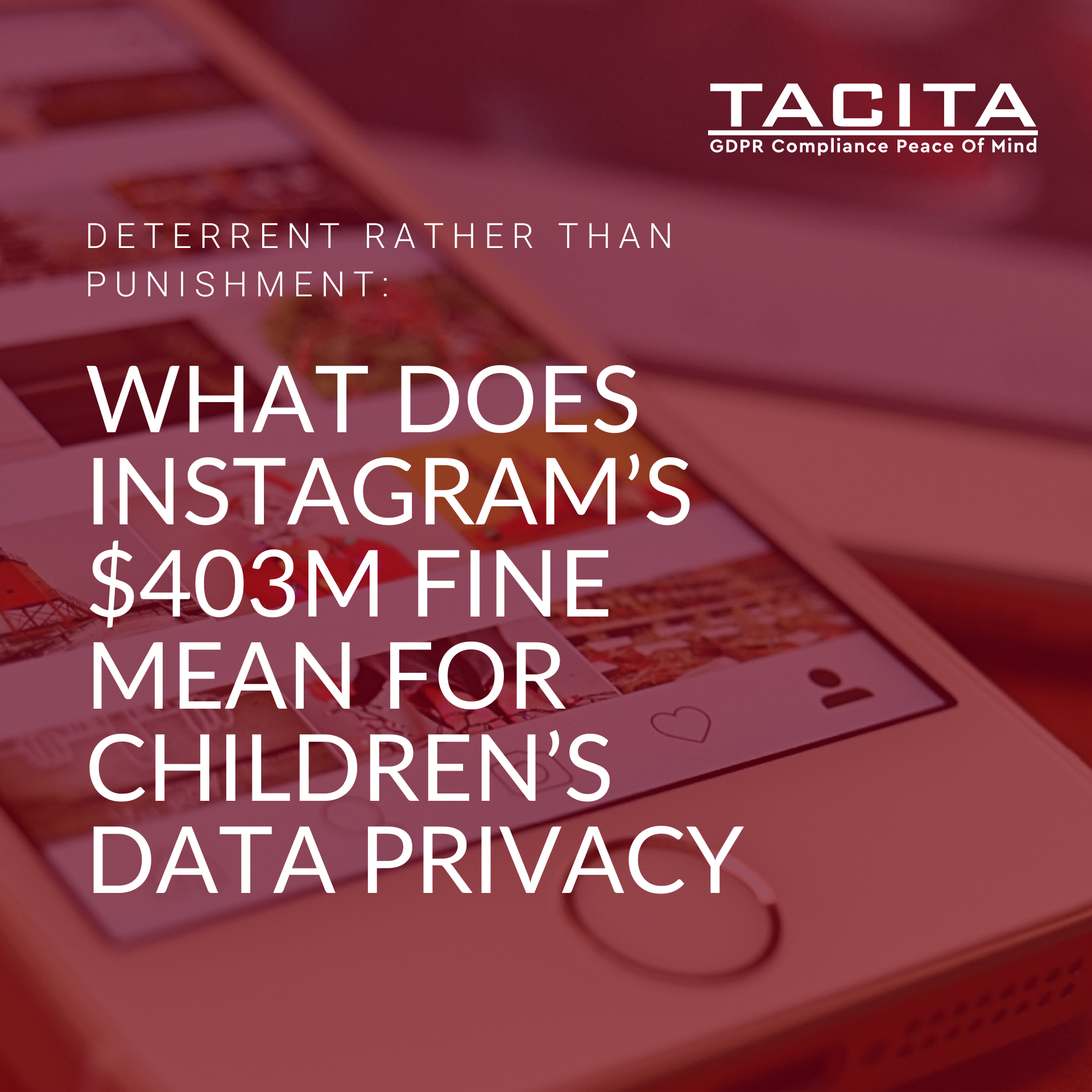If you haven’t read or watched ‘Game of Thrones’ before I would recommend you stop reading now if you wish to avoid major spoilers.
Still here? Good
In the infamous ‘Red Wedding’, Robb ‘the King in the North’ Stark is betrayed at a wedding and his hitherto victorious army slaughtered under the orders of the enemy Lannister family as the ‘rains of Castamere’ plays in the background (the signal for the attack). It is a brutal scene; one in which a major power player is swiftly and brutally usurped by his rivals.
Whilst significantly less bloodshed can be seen in Silicon Valley, the machinations of Apple in kneecapping Meta’s advertising revenue can be seen as a privacy red-wedding of sorts. During the Cambridge Analytica scandal in 2018, Apple’s CEO Tim Cook joined a chorus of chastising voices against Facebook chief executive Mark Zuckerberg. Explaining the differences between his company’s approach and that of Facebook (now Meta), the Apple boss claimed that “we could make a ton of money if we monetized our customer – if our customer was our product”. Cook’s claims that the customer is a ‘jewel’ to Apple appeared to suggest, unlike their competitors, Apple cared for and prioritsed their data subjects.
Apple positioned itself as inherently pro-privacy in its messaging and advertising, prioritising and strengthening the privacy of its users where other Big Tech firms sought to commoditise it. In May 2022, a new advert from Apple was released depicting a fictional data auction for an IPhone user. The user, through Apple’s App Tracking Transparency (ATT) tool, is able to prevent the auction and keep their data secure.
Apple’s consumer appearance has thus been enhanced by the adoption of this pro-user privacy angle, allowing themselves to leverage this stance against their competitors in the industry.
A false-dichotomy?
However, this dichotomy between ‘anti-privacy Facebook’ and ‘pro-privacy Apple’ is a false one.
In fact, it appears that Apple may have used the last few years to undermine Facebook’s data collection methodology in an effort to establish their own advertising hegemony.
Previously, businesses such as Meta and Google have been able to use their services to track user behavior and created detailed data subject profiles that are then sold for third party marketing purposes. For Apple this is their IDFA (identifier for advertisers) which all Apple users have. This is how these businesses are able to advertise across your social media accounts and other online pages.
Apple’s ATT tool (included as part of the IOS 14 update) has upended these businesses’ data collection mechanisms by informing its users when their activity is being tracked.
This has had an immediate and devastating effect.
Earlier this year, Meta warned that the ATT would translate into a $10 billion sales hit to their business. This equates to nearly 10% of their revenue from advertising. Meanwhile, JP Morgan lead analyst Samik Chatterjee has estimated that Apple’s revenue from mobile advertising could rise to $6 billion by 2025 as a result of their advertising activities.
Whilst Apple has not announced any formal plans to implement something similar to Facebook’s audience network (which allows advertisers to display adverts using mobile sites and apps other than Facebook), their shift in advertising cost model from the standard CPM (cost per impressions) to CPT (cost per tap) has been suggested to be the first step in developing this framework. The implementation of their own in-house audience network would add a further weapon to this advertising arsenal and undermine the revenue of their competitors.
The Customer is not our product
Apple has always asserted that they are different to their competitors because, unlike Meta, their customers are not their product. Even their advertisements state that ‘privacy is a human right’.
These recent movements towards establishing their own audience advertising network however would seem to add caveats to their outwardly pro-privacy position.
Apple’s ATT tool has undoubtedly aided in improving data subject awareness of the tracking activities of businesses like Meta and Google, and provided a more granular control system to Apple device users. However, the ATT is far less effective in informing Apple device users on how Apple themselves are tracking their data using their IDFA.
As such we should be aware that Apple has not stopped tracking user data; Rather it has provided extra protections against other businesses sharing it.
Complaints from the Competition
So what comes next?
Meta and Apple’s other competitors have already taken significant financial hits as Apple looks to corner the market on their user data. As expected, this has been met with outrage from their competitors.
Anti-trust bodies are likely to take significant interest in these activities. In a recent submission to the National Telecommunications and Information Administration, a White House advisory body, Meta claimed that Apple’s ATT had unfairly “hobbled rivals” while creating “a bonanza for Apple’s ad services.” Of particular focus in this complaint was the ‘choice architecture’ that Apple was seen to employ that suggested to data subjects that Apple’s tracking was a positive, service-improving choice whereas Meta and other competitors’ tracking activities were negative and exploitative.
In response, Apple is likely to argue that no tracking takes place as all data is kept in-house and not shared with competitors.
Do as we say, not as we do
This episode has provided an example of a big tech firm leveraging an outward facing pro-privacy stance to progress their own business objectives.
Apple’s ATT and ‘pro-privacy’ architecture has potentially created a loaded-base scenario for Tim Cook’s firm in which, should they choose to pursue it, they can establish automatic advertising monopoly over their rivals. Apple’s ATT tool has already boosted Apple’s market share by an estimated 18% (from around 12 to 30% of the $300 billion mobile advertising industry) as their rival’s fortunes have floundered.
As data subjects, we should always be wary of Big Tech firms promising data subject privacy. Whilst the narrative and messaging may sound sufficient, there remains little proactive transparency regarding internal data collection and usage. Apple’s recent activities may well be a ‘rains of Castamere’ type signal that user data is about to be further commoditized to generate Apple’s own advertising network.
Our personal data is always a commodity and it should be protected as such.











